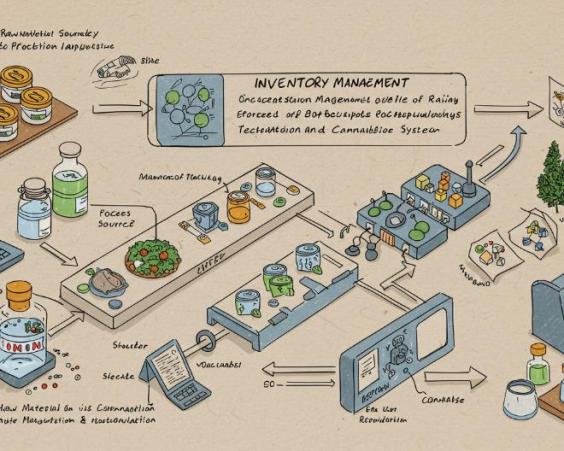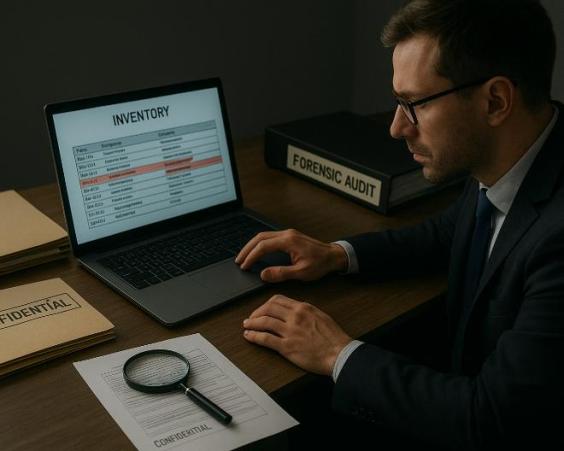Inventory management in regulated industries using blockchain: Pharmaceutical and cannabis case.
Inventory management in blockchain-regulated industries: Case of pharmaceutical and cannabis
Inventory management is a crucial aspect in any industry, but in regulated sectors such as pharmaceutical and cannabis, it is especially important to ensure traceability, security, and transparency in the supply chain. In this article, we will explore how blockchain technology can improve inventory management in these industries.

Introduction to inventory management in regulated industries
Inventory management in regulated industries such as pharmaceutical and cannabis involves not only controlling the quantity of products in stock, but also ensuring that legal and regulatory requirements are met. This includes the traceability of products, the verification of authenticity, and security in the supply chain.
In the pharmaceutical industry, inventory management is critical to ensuring the quality and safety of medicines. The pharmaceutical supply chain is complex and may involve multiple actors, from manufacturers to distributors and retailers. Traceability and verification of authenticity are essential to prevent counterfeiting and ensure patient safety.
In the cannabis industry, inventory management is equally important, as legal and regulatory requirements must be met regarding the production, processing, and sale of cannabis products. Traceability and verification of authenticity are crucial to ensuring the quality and safety of products.
How can blockchain technology help in inventory management?
Blockchain technology is a decentralized and secure solution that can help improve inventory management in regulated industries. Here are some ways in which blockchain can be used:
- Traceability: Blockchain allows for the creation of an immutable and transparent record of the supply chain, facilitating product traceability and verification of authenticity.
- Security: Blockchain uses advanced cryptography to protect information and ensure the integrity of the supply chain.
- Transparency: Blockchain allows all actors in the supply chain to access information in real time, facilitating collaboration and informed decision-making.
- Automation: Blockchain can be used to automate processes and reduce the need for intermediaries, improving efficiency and reducing costs.
Case study: Implementation of blockchain in the pharmaceutical industry
One of the companies that has implemented blockchain technology in the pharmaceutical industry is Pfizer. In 2019, Pfizer announced that it was working with blockchain technology company IBM to develop a drug traceability system based on blockchain.
The system, called "MediLedger", uses blockchain to create an immutable and transparent record of the drug supply chain. The system allows manufacturers, distributors, and retailers to verify the authenticity and traceability of medicines in real time.
Case study: Implementation of blockchain in the cannabis industry
Another company that has implemented blockchain technology in the cannabis industry is MJ Freeway. In 2018, MJ Freeway announced that it was working with blockchain technology company Strainz to develop a cannabis traceability system based on blockchain.
The system, called "MJ Platform", uses blockchain to create an immutable and transparent record of the cannabis supply chain. The system allows growers, processors, and retailers to verify the authenticity and traceability of cannabis products in real time.
Conclusion
Inventory management in regulated industries such as pharmaceutical and cannabis is a critical aspect that requires traceability, security, and transparency in the supply chain. Blockchain technology can help improve inventory management in these industries by providing an immutable and transparent record of the supply chain, security, and automation of processes.
The case studies of Pfizer and MJ Freeway demonstrate that the implementation of blockchain technology in the pharmaceutical and cannabis industries can be effective in improving the traceability and security of products.





